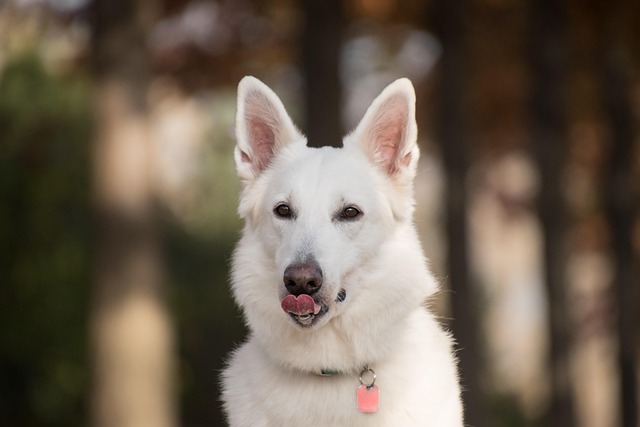
how to help senior dog with weak back legs
Watching your senior dog struggle to stand up, climb stairs, or even walk across the room because of weak back legs is heart-wrenching.
Think fleas vanish when summer ends? Think again. Your pup can absolutely pick up these pesky hitchhikers 365 days a year, whether it’s snowy in Minnesota or rainy in London. Modern central heating turns homes into cozy flea incubators – eggs hidden in carpets or sofa cracks hatch year-round, while adult fleas hitch rides indoors on shoes or other pets. That “winter break” myth? Bust it now.
Here’s your battle plan: Consistent monthly flea prevention is non-negotiable. Vet-prescribed topicals (like Revolution Plus®) or chewables (NexGard®) disrupt the flea life cycle better than old-school collars. Wash pet bedding weekly in hot water (130°F+ kills larvae) and vacuum carpets twice weekly – immediately tossing the bag outside. Spot-treat homes with pet-safe sprays containing IGR (Insect Growth Regulator) to stop eggs maturing. For apartment dwellers: Charlie the Dachshund in Chicago caught fleas in January from his building’s shared elevator carpet – treating his unit and notifying management broke the cycle.

Responsible flea control ties directly to legal and community obligations. Keep rabies/distemper vaccines current – fleas transmit tapeworms and Bartonella, compounding health risks. Always carry waste bags; flea eggs thrive in soil where infected dogs defecate. If hiring exterminators, demand EPA-certified, pet-safe treatments. In multi-unit buildings? Alert neighbors about infestations – fleas migrate under doors!
Training prevents panic. Never yell at a scratching dog – redirect with a frozen Kong™ and reward calm behavior. During neighborhood walks, avoid communal dog towel stations at parks (potential flea hotspots!). Teach “paw wipe” cues using positive reinforcement for post-walk hygiene. Leash etiquette matters: preventing your pup from brushing against stray animals reduces exposure. Remember: year-round flea risks demand vigilance, but pairing prevention with community awareness keeps everyone comfortable.

Watching your senior dog struggle to stand up, climb stairs, or even walk across the room because of weak back legs is heart-wrenching.

Seeing your once-bouncy pup slow down, sleep more, or struggle to jump on the couch can tug at your heartstrings—but caring for an older dog

You open the door after a walk, and your pup bolts inside—leaving muddy paw prints all over your apartment floor.

Finding a tick crawling on your dog but not yet latched can make your heart race—even if it hasn’t bitten yet, those tiny pests carry risks like Lyme disease.

Standing in the pet store staring at rows of dog food labels can feel overwhelming—especially when you’re looking for the right fit for your tiny adult Chihuahua, Yorkie

You’ve had your tiny Yorkie or Shih Tzu since they were a wiggly puppy, and now you’re wondering: When do they become a “senior”? Many new U.S.